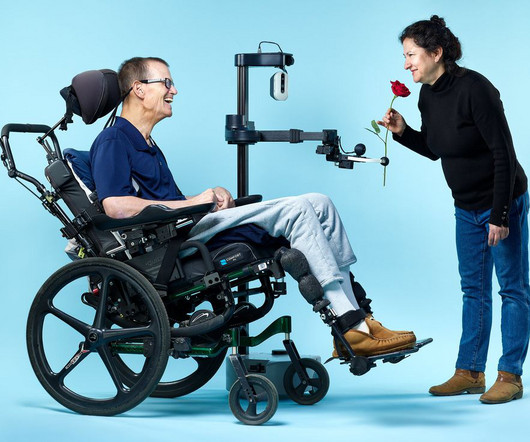U of I study: synthetic fuels via CO2 conversion and FT not currently economically & environmentally competitive
Green Car Congress
JULY 3, 2016
A study by a team at University of Illinois at Urbana−Champaign has found that, with currently achievable performance levels, synthetic fuels produced via the electrochemical reduction of CO 2 and the Fischer-Tropsch (FT) process system are not economically and environmentally competitive with using petroleum-based fuel. 6b00665.













Let's personalize your content